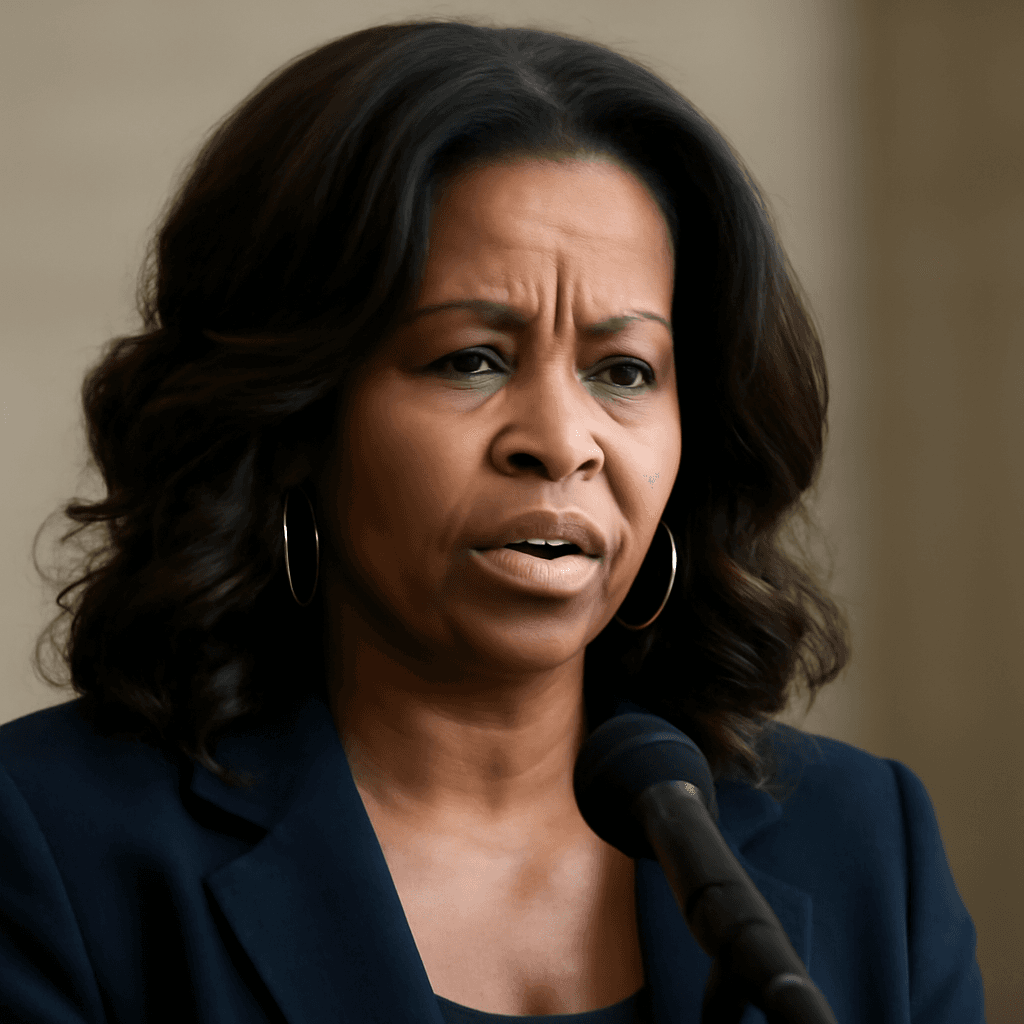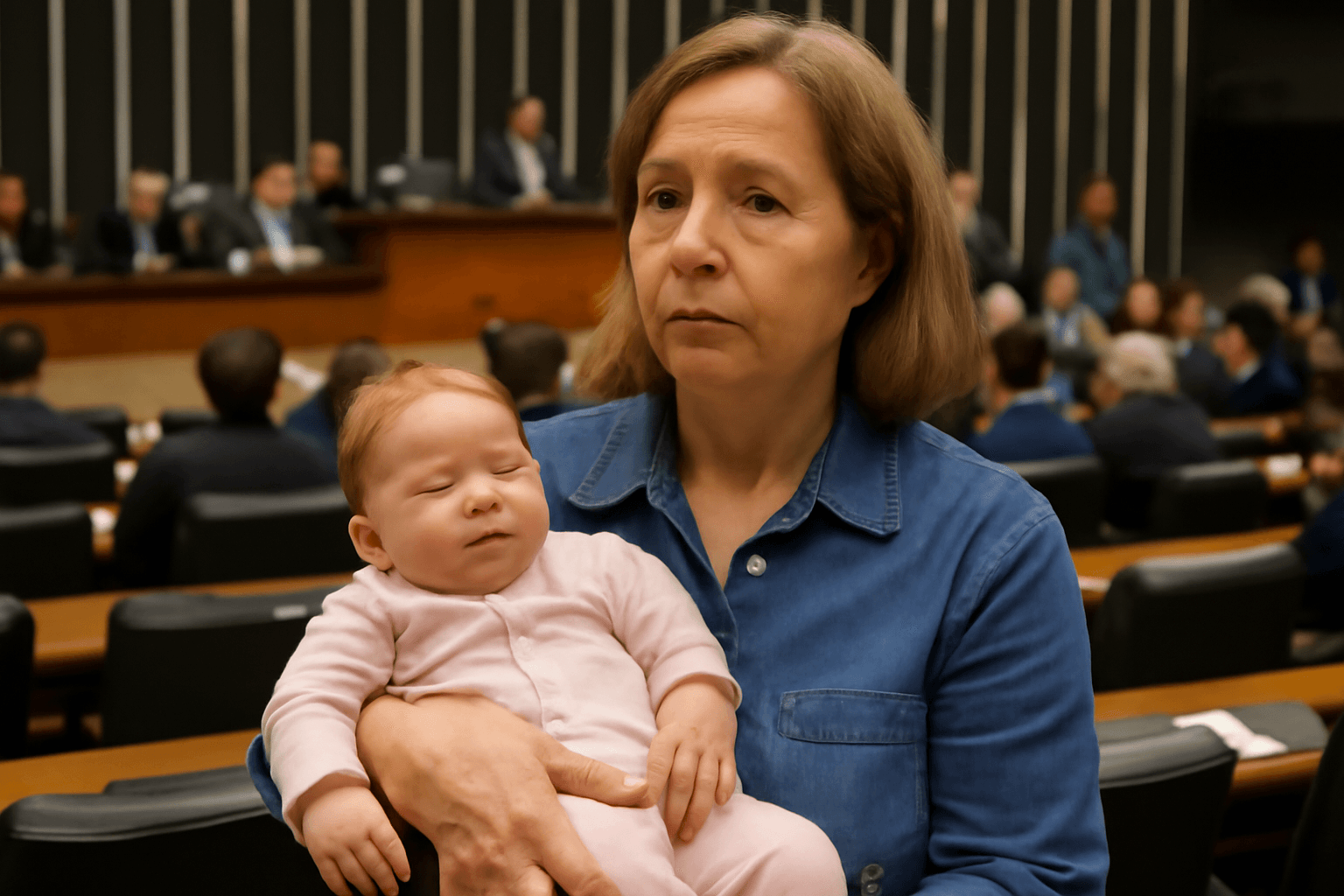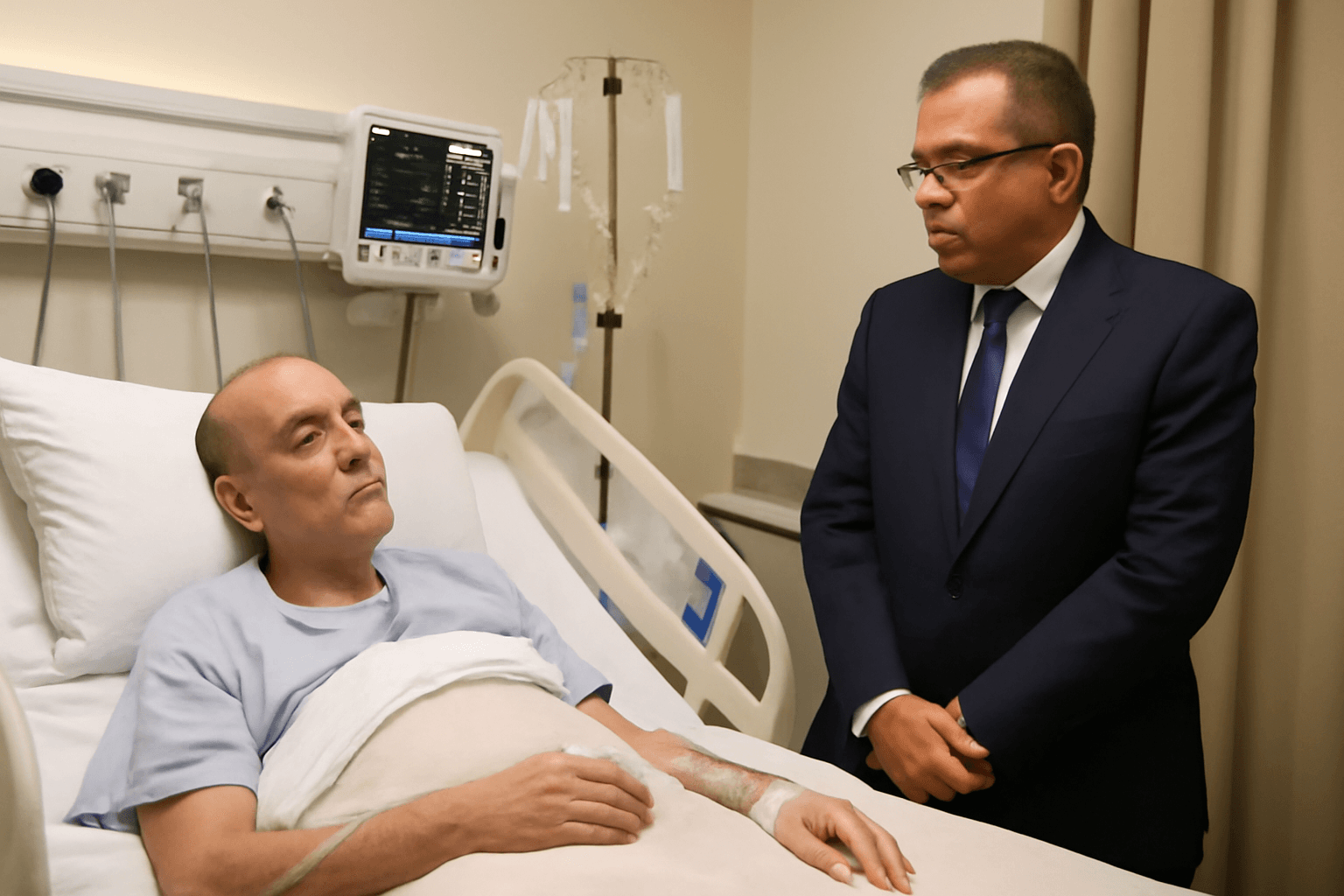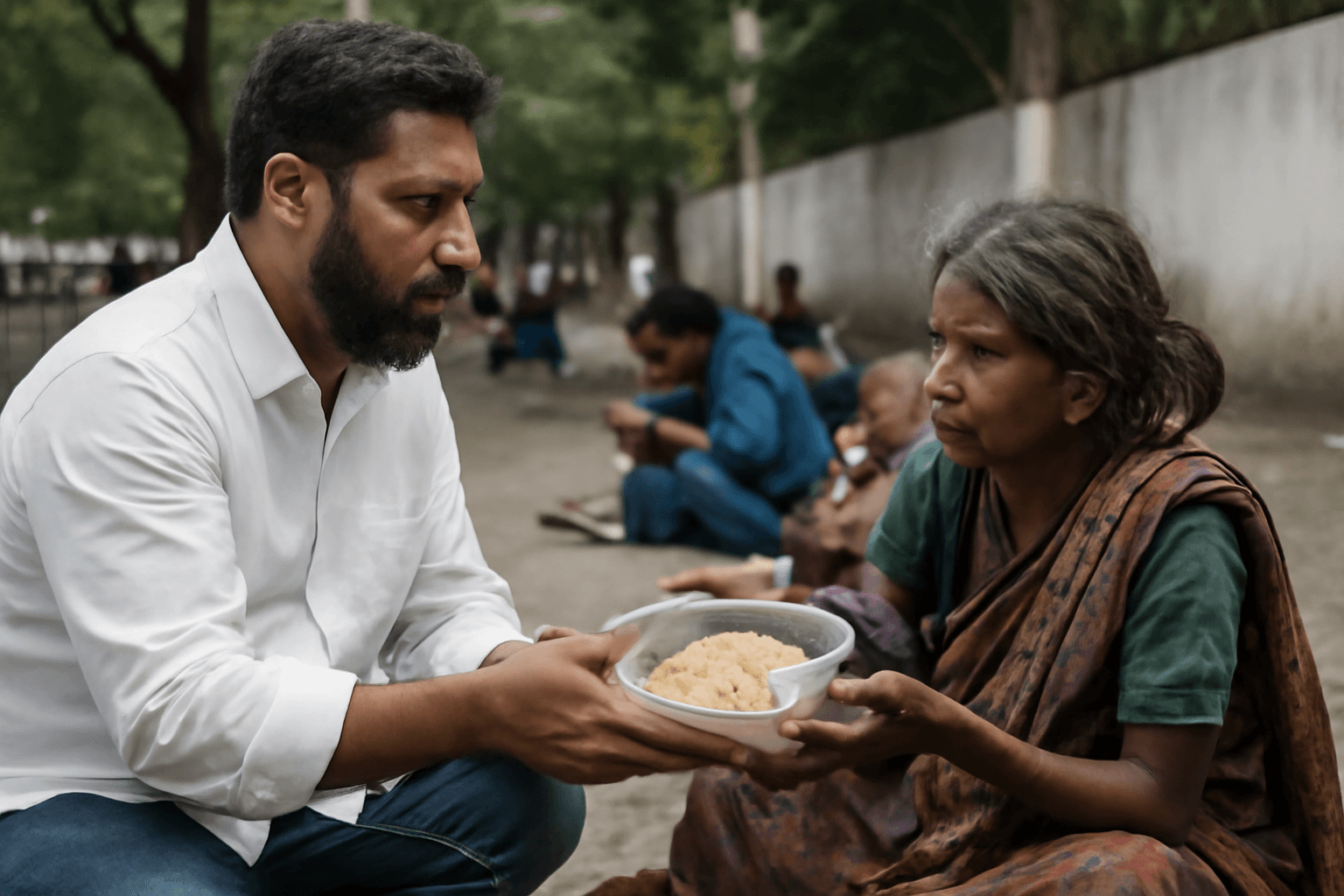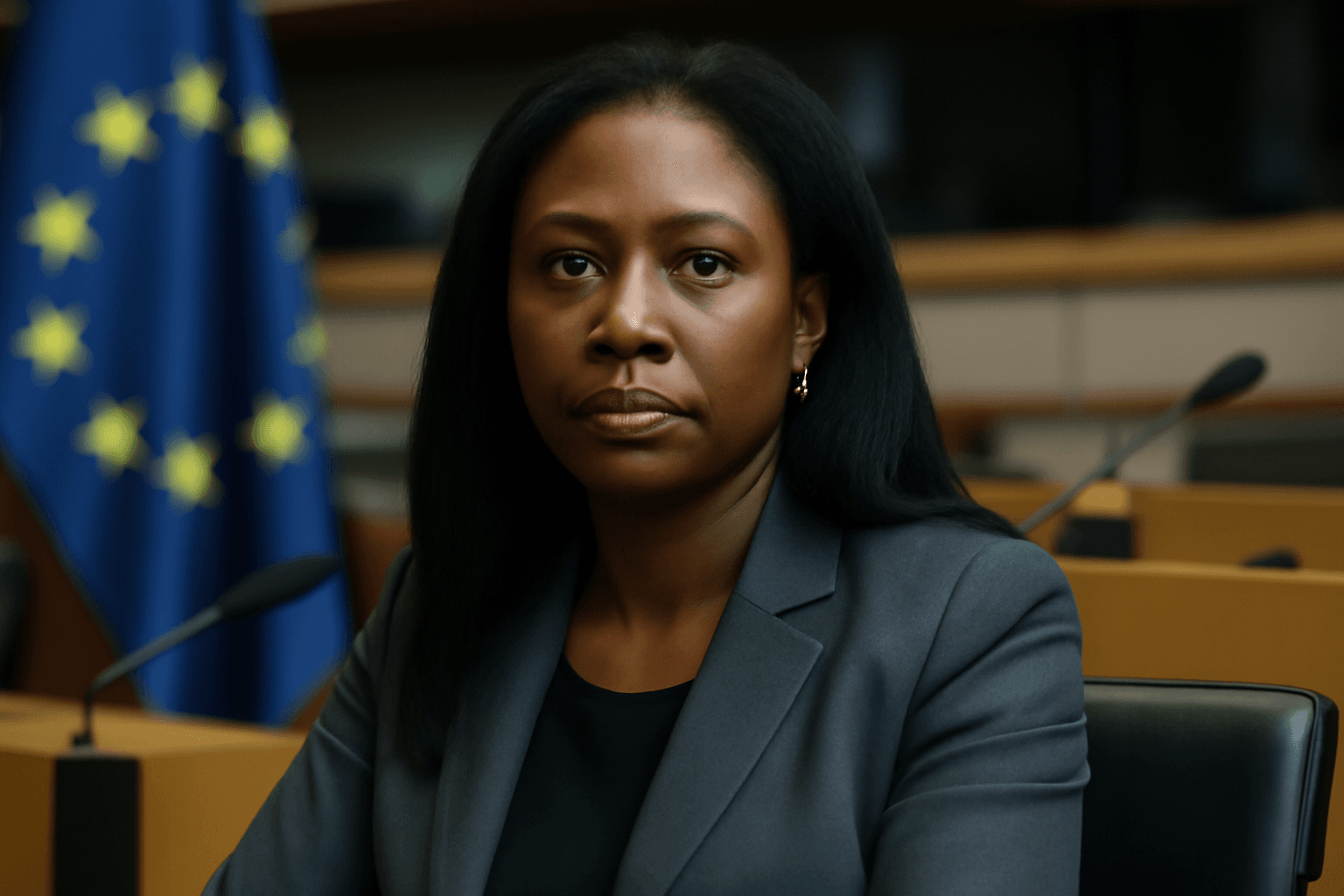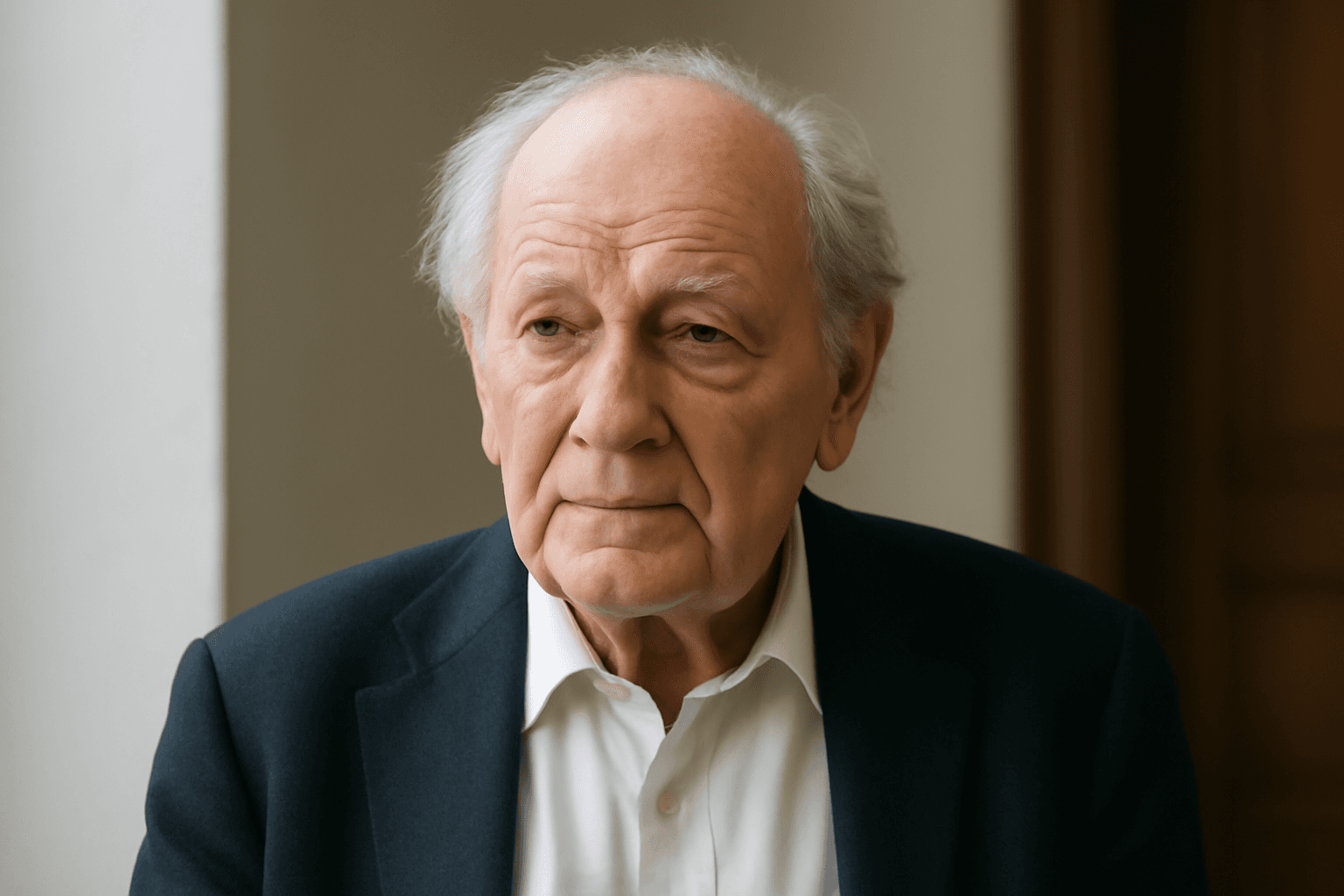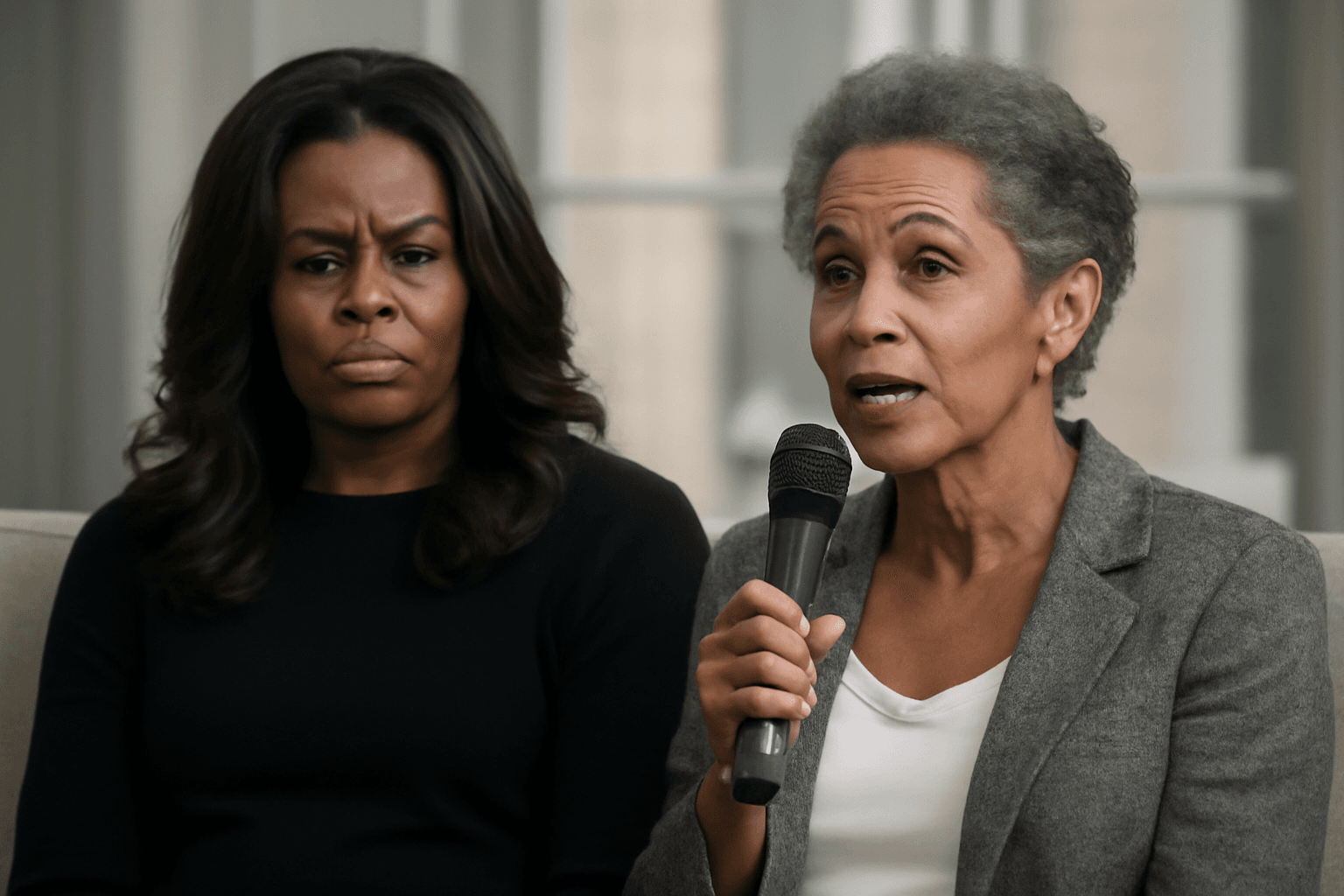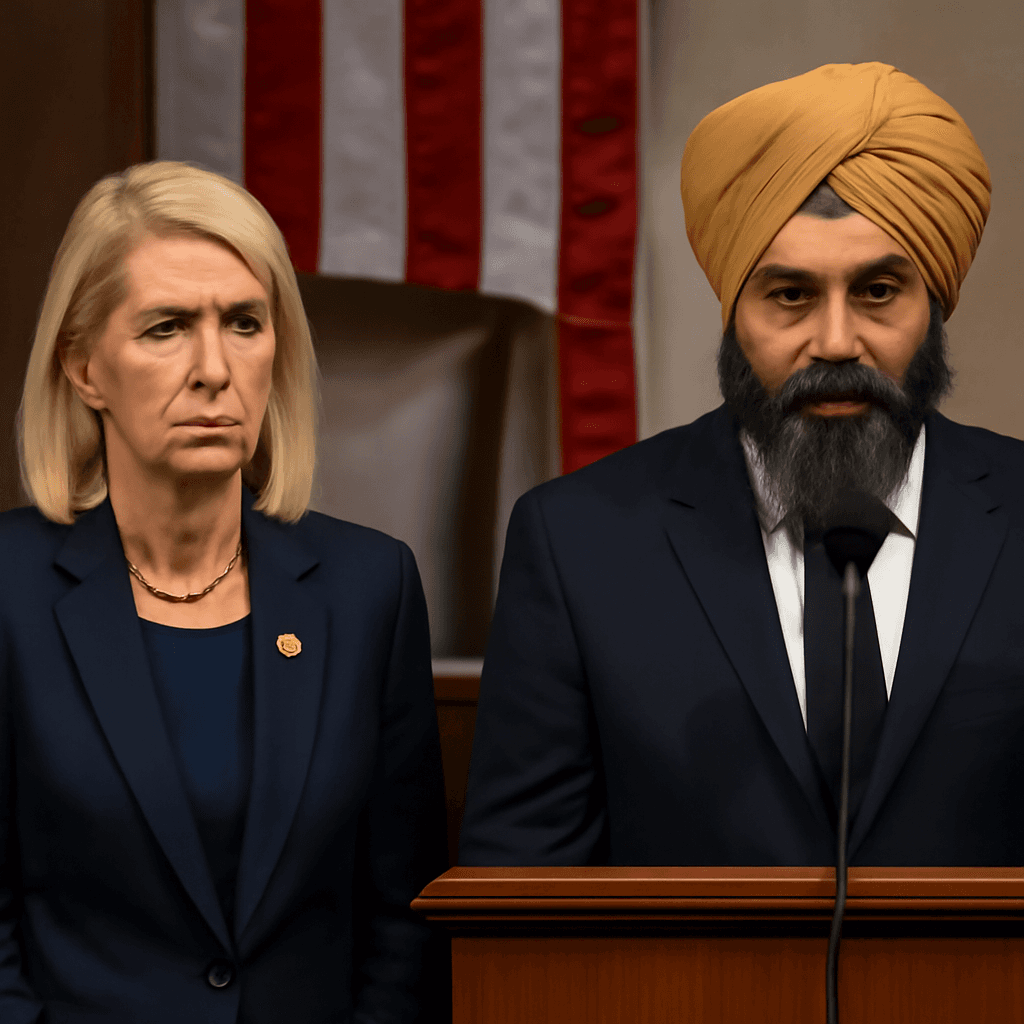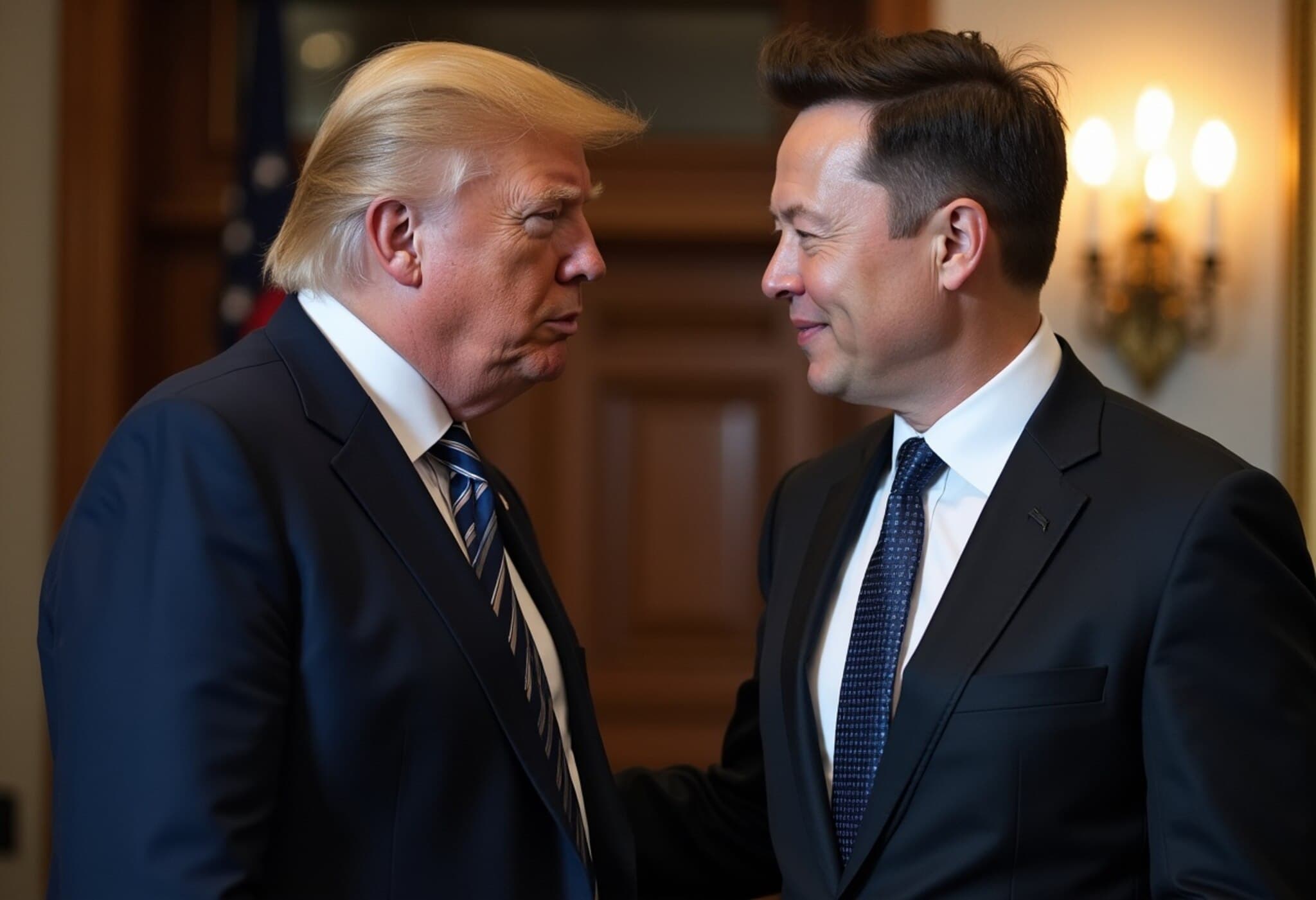Michelle Obama Highlights Broader Aspects of Women's Reproductive Health
Former First Lady Michelle Obama recently sparked controversy by stating that creating life is "the least" of what a woman's reproductive system accomplishes. These remarks were made during an episode of her podcast, IMO with Michelle Obama & Craig Robinson, where she discussed women's health and abortion rights in depth.
Emphasis on Complexities Beyond Procreation
Obama emphasized the complexity of women's reproductive health, describing it as encompassing far more than just procreation. She pointed out the critical need for adequate medical research into women's health issues and criticized political decisions that overlook these nuances. She remarked, "Women's reproductive health is about our life," noting the reproductive system's many functions and the necessity of its healthy operation.
Political Criticism and Gender Dynamics
In her commentary, Obama criticized male lawmakers, especially Republican men, for neglecting women's health concerns, accusing them of prioritizing political gains or tax breaks over reproductive rights. Additionally, she noted that some Republican women might cast votes influenced by their spouses, thereby reflecting broader political dynamics within families.
Conservative Backlash and Defense of Motherhood
Obama's statements prompted swift backlash from conservative figures and social media users. Critics accused her of diminishing the significance of motherhood and the miracle of creating life. Prominent pro-life advocates described motherhood as the "most beautiful and powerful gift" and rejected the implication that procreation is a lesser function of women's reproductive systems.
- Some commentators expressed frustration at what they described as attempts to downplay women's unique biological roles.
- Social media users questioned whether Obama’s comments align with her personal views on motherhood.
Broader Discussion on Women's Health and Rights
The reactions to Obama’s remarks underscore the ongoing national debate over reproductive rights, women’s health research, and political representation. The discussion reveals divisions between those advocating for expanded understanding and support of women's health and those emphasizing traditional views on motherhood and life creation.

